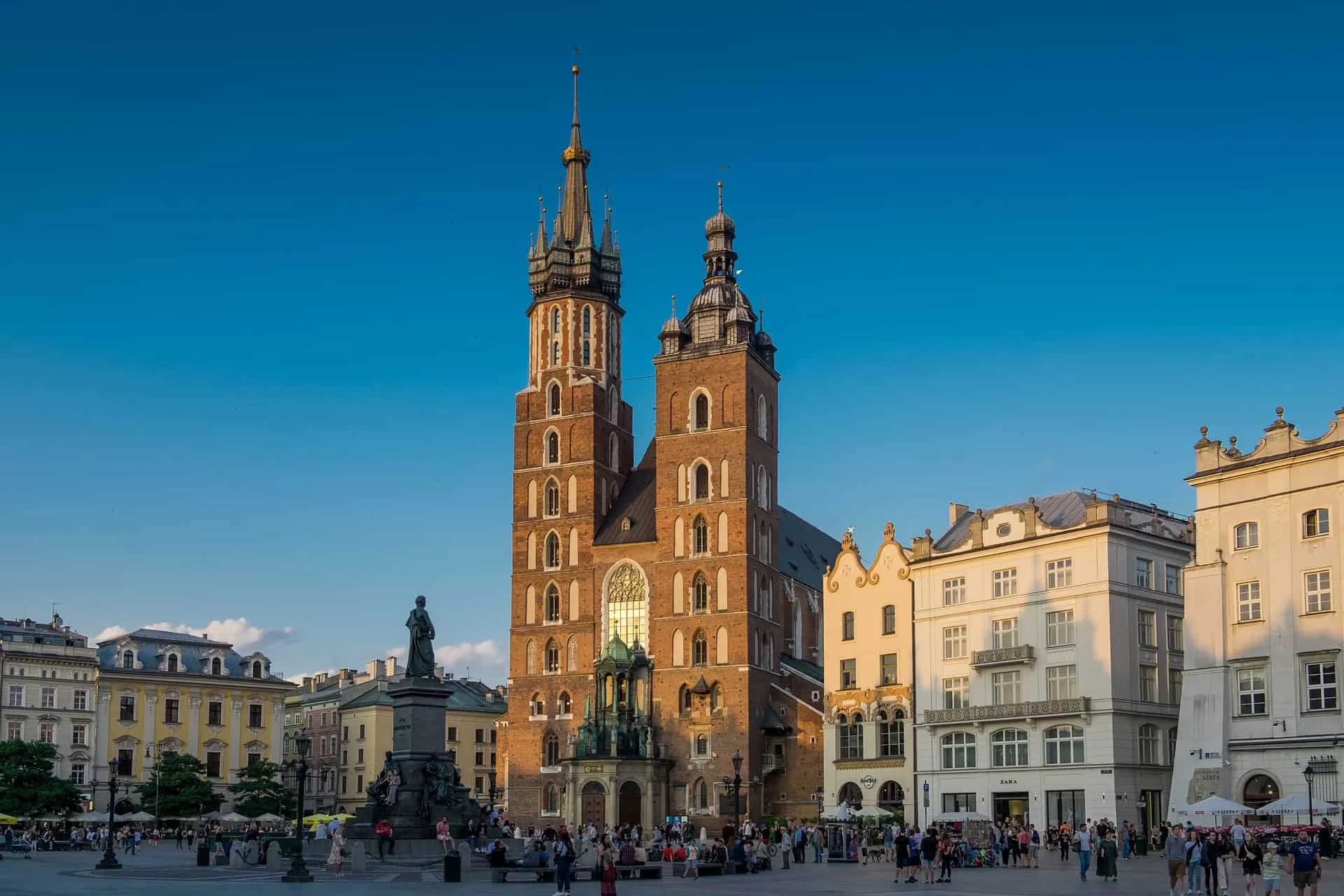The Scots are a very friendly people and they will most certainly welcome you warmly when you arrive in Scotland.
There are different places you can move to. Aberdeen has been ranked the best city to live and work in Scotland – and second best in the UK – in the 2013 Good Growth for Cities index. And inhabitants of Orkney, Shetland and Eilean Siar report the highest levels of life satisfaction, selfworth and happiness across the whole of Great Britain, new Office for National Statistics (ONS) data show.
Scotland has a long history of universal provision of public education, and the Scottish education system is distinctly different from those in the other countries of the United Kingdom. State schools are owned and operated by the local authorities which act as Education Authorities, and the compulsory phase is divided into primary school and secondary school (often called high school). Schools are supported in delivering learning and teaching by Education Scotland (formerly Learning and Teaching Scotland). There are also private schools across the country, although the distribution is uneven with such schools in 22 of the 32 Local Authority areas. Source: Wikipedia
Working in Scotland
Scotland is not only a beautiful country where you can choose either the vibrant city life of Edinburgh or the quiet peaceful life on the Shetland Islands, it also offers a wide variety of different types of work areas. If you are an expert in electronic technologies or want to work in energy industries, are interested in the sciences sector including drug discovery, bio-manufacturing and stem cell sciences, Scotland might be just the right place for you.
The employer who offers a foreigner a job in Scotland acts as his sponsor for visa application. The position offered has to be categorized as shortage occupation and the employer has to proof through a resident labour market test that no local worker can fill this specific job. If the employee leaves the job he was sponsored for, he has either to leave the UK or he needs to find another employer to sponsor him.
Traveling/Playing in Scotland
When visiting France you will probably want to visit all the famous vineyards. When visiting Scotland you have to visit the different distilleries where the famous Scotch Whisky is made.
Scotland is split into five distinctive whisky-producing regions. Distillation in these regions all has the same historical roots, but distilleries in each area have matured and diversified in the production methods of their whisky with single malts that are all different due to the source of water, the local landscape or the copper stills used.
Islay is the greatest of whisky-producing islands while Speyside is Scotland’s biggest whisky region in terms of production and concentration of distilleries. In the Highlands you will find wide and robust whisky variations, while in the Lowlands softer, lighter style single malt whiskies that are traditionally known as the ‘Lowland Ladies’ can be found. And last but not least sitting at the far end of the Kintyre peninsula on the west coast of Scotland, Campbeltown once had about 30 distilleries in its heyday. Today, it has only three of which two are open to the public.
When visiting Scotland you probably want to have a look at Nessie, the famous monster living in Loch Ness. And in case she doesn’t appear and you can’t take a picture of her yourself there is always the Award Winning Loch Ness Centre & Exhibition which features 17 language translations and 11 language narrations. The Loch Ness Centre & Exhibition opened over 30 years ago. Now a hi-tech multi-media presentation leads you through 7 themed areas and 500 million years of history, natural mystery and legend revealing the unique environment of Loch Ness and the famous Nessie legend.
Investing in Scotland
According to BBC News of June 2013, Scotland has attracted its highest level of foreign investment for 15 years, according to an annual survey.
Ernst and Young said the number of projects involving foreign direct investment (FDI) rose by 49% last year to 76. This compared to a 3% rise in projects coming in to the UK as a whole.
The United States was the biggest foreign investor among other foreign countries like France, Norway and Sweden.
Scotland’s strengths in attracting investment lie in their natural resources and entrepreneurialism. You can invest in life sciences and biotech including medical technologies, regenerative medicine, pharma services, digital health and care and animal health and aquaculture. Other sectors are oil and gas, renewables, technology and textiles.
Retiring in Scotland
Retirement to the UK is an option for foreign nationals over sixty who can demonstrate an income of £25,000 per year “without working”, and a close connection with the UK. The ‘close connection’ requirement is not defined rigidly, and may, for example, be satisfied by having a close relative in the UK, previous UK residence, business connections/interests in the UK, or a strong sense of identity with the UK.
The National Health Service (NHS) in Scotland was created in 1948 at the same time as the NHS was created for England and Wales. It remains a separate body from the other public health systems in the UK although this is often not realised by patients when “cross-border” or emergency care is involved due to the level of co-operation and co-ordination.
Primary and secondary care are integrated in Scotland, unlike in England, where secondary services are commissioned by NHS primary care trusts. Indeed, NHS trusts do not exist in Scotland, healthcare being provided through fourteen regional health boards. Health boards are, however, subdivided into Community Health Partnerships, to provide local services more effectively.
In 2008, the NHS in Scotland had around 158,000 staff including more than 47,500 nurses, midwives and health visitors and over 3,800 consultants. In addition, there are also more than 12,000 doctors, family practitioners and allied health professionals, including dentists, opticians and community pharmacists, who operate as independent contractors providing a range of services within the NHS in return for fees and allowances. These fees and allowances have been removed as of May 2010, prescriptions are entirely free, (dentists and opticians are chargeable if the household you stay in is making over a certain amount) (the amount is within the region of £30,000 per annum). Source: Wikipedia









